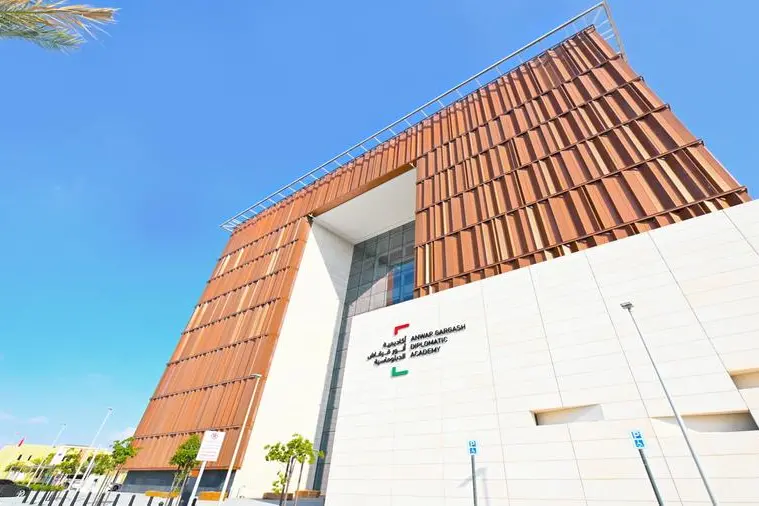There is overwhelming literature on the extensive involvement of children and youth in conflict and warfare in Africa and beyond. Literature addressing the positive contributions of young people when they are included in a nation’s peacebuilding interventions post-conflict, however, is not as easy to come by. The latest Conference Paper published by ACCORD aims to contribute to the available body of knowledge regarding the benefits and importance of incorporating young people in peacebuilding processes to facilitate the achievement of sustainable peace.
In their paper titled ‘The question of youth participation in peacebuilding processes in Jos, Plateau State, Nigeria’, Timothy Aduojo Obaje and Nwabufo Okeke-Uzodike argue that contrary to the dominant perception of youths as inherently violent, young people are not intrinsically inclined to violent behaviour; rather, they are products of their societies and circumstances. The authors explain that focusing on redirecting young people’s energies to the implementation of constructive peace projects is an effective strategy to avoid the resurgence of violence in a society.
The authors provide a comprehensive review of the available literature on youth participation in violence and conflict the world over. Among others, they allude to the participation of youth in Europe’s political conflicts of the 1930s and outline how in Latin American communities, youth participation in violence takes the form of involvement in gangs, some of which are politically-backed and used in a variety of ways to help political parties to gain mileage, particularly around election time. In Africa, the authors highlight how former Liberian President Charles Taylor’s exploitation of the ‘youths’ vigour’ was a key contributor to his ability to destabilise neighbouring Sierra Leone and plunder diamonds during the course of the country’s civil war.
Youths are used for a variety of reasons by those in power. In Nigeria, young people, many of whom are unemployed, are used as tools for electioneering by unscrupulous politicians who often encourage and pay them to use violence to achieve their ends. This exploitation, the authors explain, exacerbates the incidence of violent acts by youths, as illustrated by the suggestion that young people are perpetrators of 90% to 95% of violence in Nigeria.
Obaje and Okeke-Uzodike’s paper builds on previous studies and available literature to delve deeper into the necessity of ensuring youth participation in peacebuilding. It provides important insights into the discourse around peacebuilding, conflict transformation and state security in Nigeria generally, and the Plateau State city of Jos specifically. The authors conclude by encouraging the development and strengthening of policies, initiatives and institutions aimed at enhancing the participation of youths in peacebuilding processes as these measures will actively contribute to young people’s engagement with decisions and activities that affect their wellbeing.
An earlier version of this paper was presented at the International Association for Conflict Management (IACM) 25th Annual Conference which was held in Stellenbosch, South Africa from 11 to 14 July 2012. ACCORD hosted a panel discussion focusing on the realities of negotiated settlements at this prestigious event. ACCORD also awarded three scholarships to scholars presenting research papers at the event as a means of supporting research and analysis on conflict and conflict management in Africa. Obaje and Okeke-Uzodike’s paper was one of those which was supported by ACCORD.







